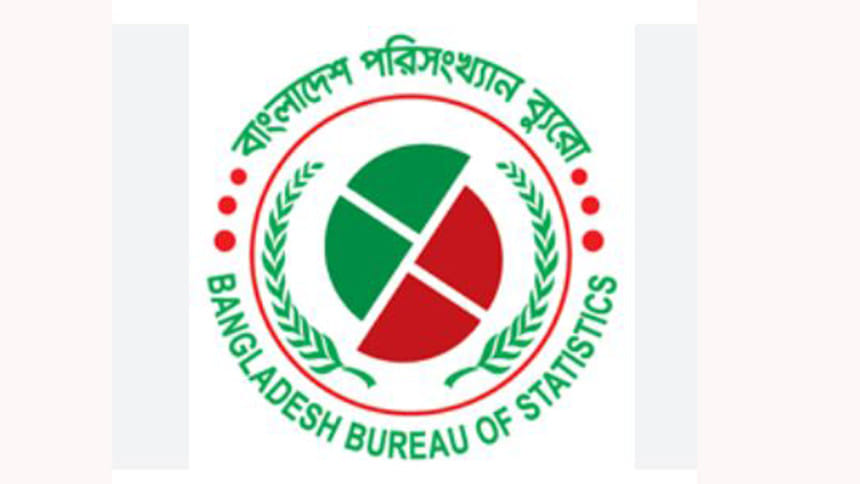Almost 32% had to bribe to get govt services

More than 31.67 percent of the people had to pay bribes to get government service in the last one year, according to a new Bangladesh Bureau of Statistics report.
Of those surveyed, 38.62 percent of the men and 22.71 women said they had to bribe, says the preliminary findings of Citizen Perception Survey 2025.
At the Bangladesh Road Transport Authority, 63.29 percent of the service seekers had to bribe officials. This was followed by 61.29 percent at law enforcement agencies and 54.92 percent at land registry offices.
The study was conducted across the country from February 6-23 at 45,888 households in rural and urban areas. The surveyors interviewed a woman and a man, both aged over 18, from each household to measure citizen perceptions on a number of factors over the past 12 months .
The BBS released the report at its office in the capital yesterday.
Addressing the event as chief guest, Planning Adviser Wahiduddin Mahmud said those who paid bribes were mostly from middle-income groups because low-income people could hardly afford to pay bribes.
In other words, middle-income groups had to "buy a better service" in exchange for a bribe, he said, adding that this was a key problem.
It found 22 percent of the respondents -- 26.55 percent men and 17.81 percent women -- believing they could "influence politics".
Nearly 85 percent -- 85.30 percent in rural and 83.75 percent in urban settings -- feel safe walking alone in their neighbourhoods after dark.
Nearly 93 percent rural and 91.88 percent urban people feel safe at home after dark. Over 93.35 men and 91.83 percent women expressed a similar view.
Over 47 percent received primary care at government healthcare facilities at least once in the 12 months preceding the day they were interviewed. Of them, 82.72 percent said the service was easily accessible and 89.34 percent said the services were affordable.
In the rural areas, 43.67 percent households have at least one child attending a public school and in the urban areas, 34.95 percent.
Regarding services such as identification or civil registration, 78.12 percent said these were accessible while 86.28 percent found these affordable.
In case of access to civil justice, 16.16 percent said they experienced at least one dispute in the last two years. Among them, 83.6 percent could access formal or informal dispute resolution mechanisms.
In the 12 months before the survey, 19.31 percent faced at least one form of discrimination or harassment. The breakdown is 19.62 percent for females and 18.97 percent for males.
Some 6.82 percent of the respondents said they faced discrimination for socio-economic status and 4.47 percent for gender.
Over 48 percent felt discriminated against in their own house, 31.3 percent in public transport or open spaces, and 25.97 percent at work.
The country's local government system should be strengthened to empower the marginalised and low-income groups of people, Mahmud said.
Adviser Wahiduddin said it was "unacceptable in a civilised country" that all people do not feel safe at their own home after dark.
"If nearly 10 percent of people feel that they are not safe in their own homes, then it is very concerning," he added.
The survey found that over 27 percent of the respondents believed they could freely express their views on what the government does.

 For all latest news, follow The Daily Star's Google News channel.
For all latest news, follow The Daily Star's Google News channel. 



Comments